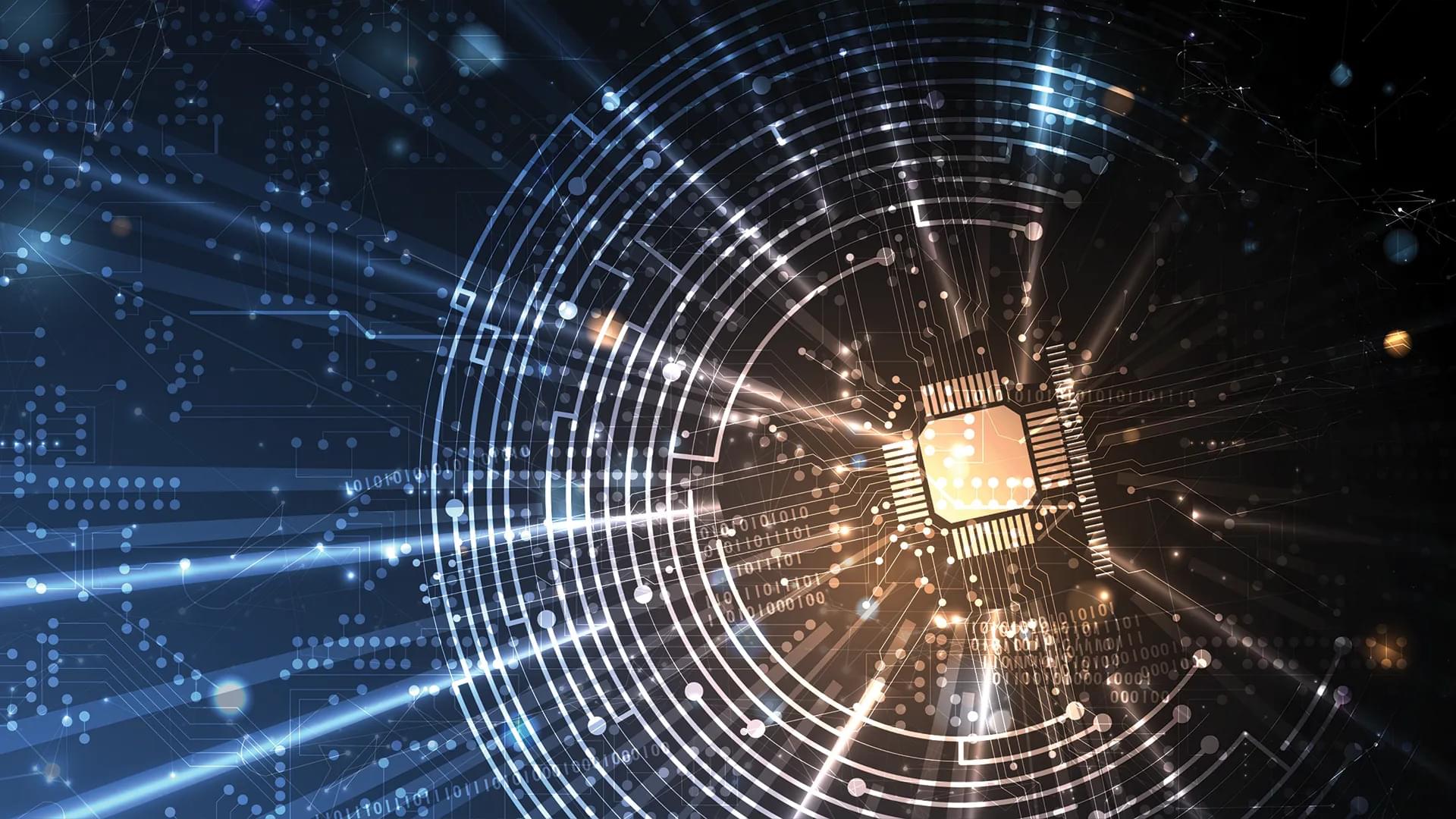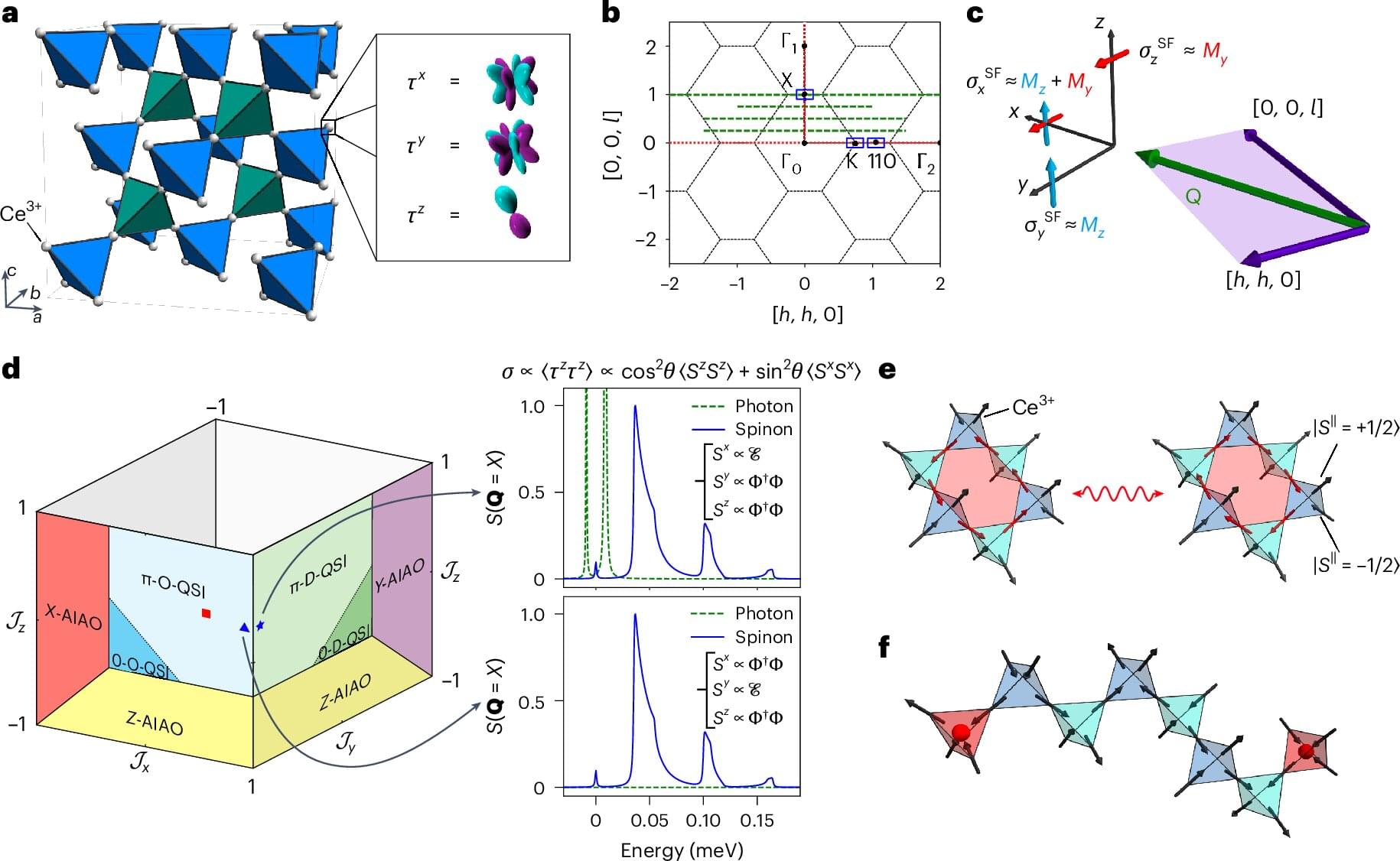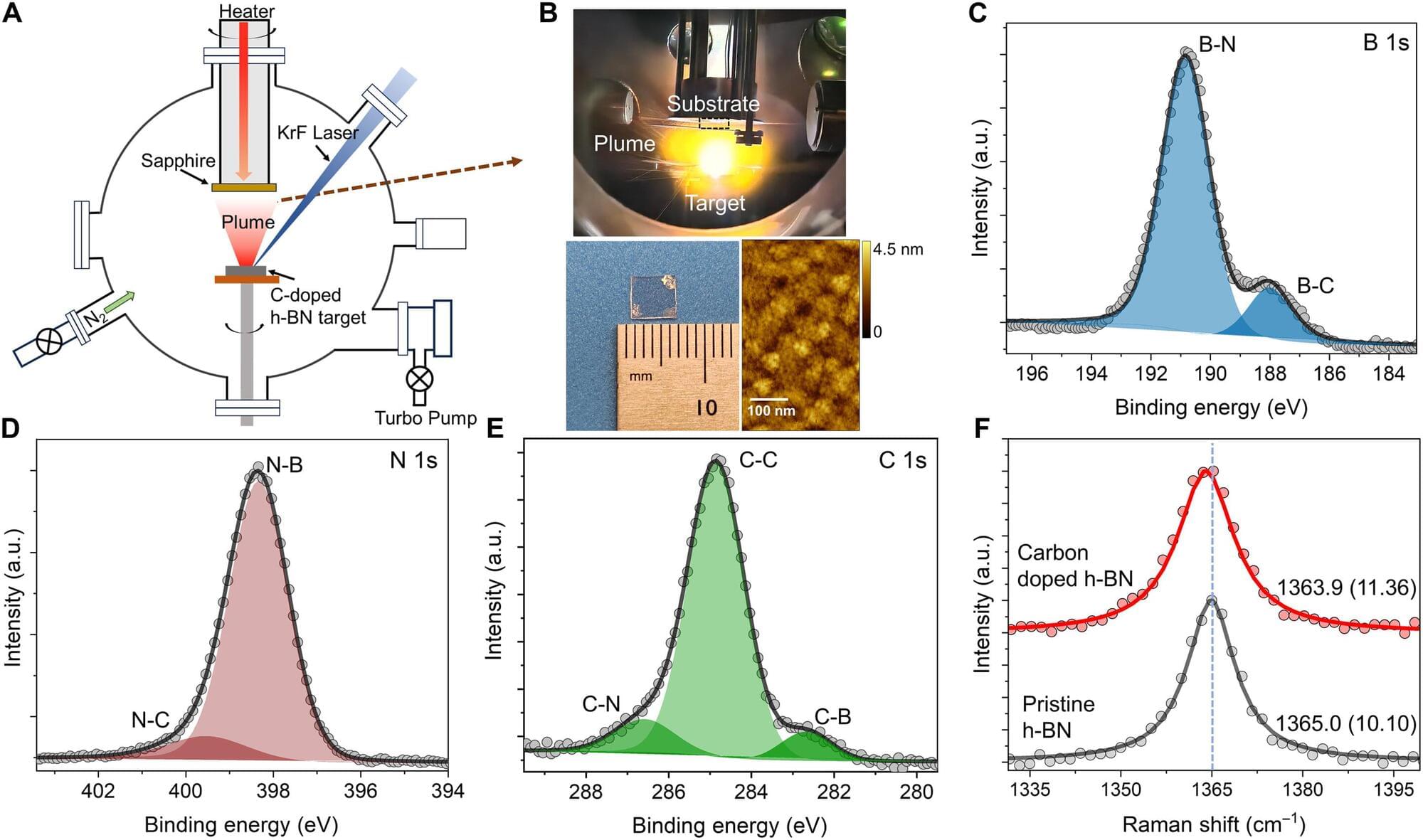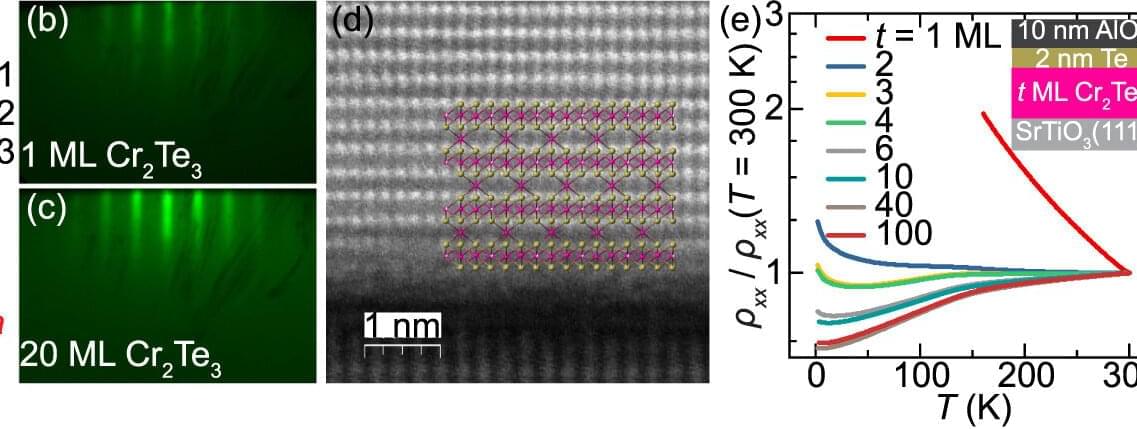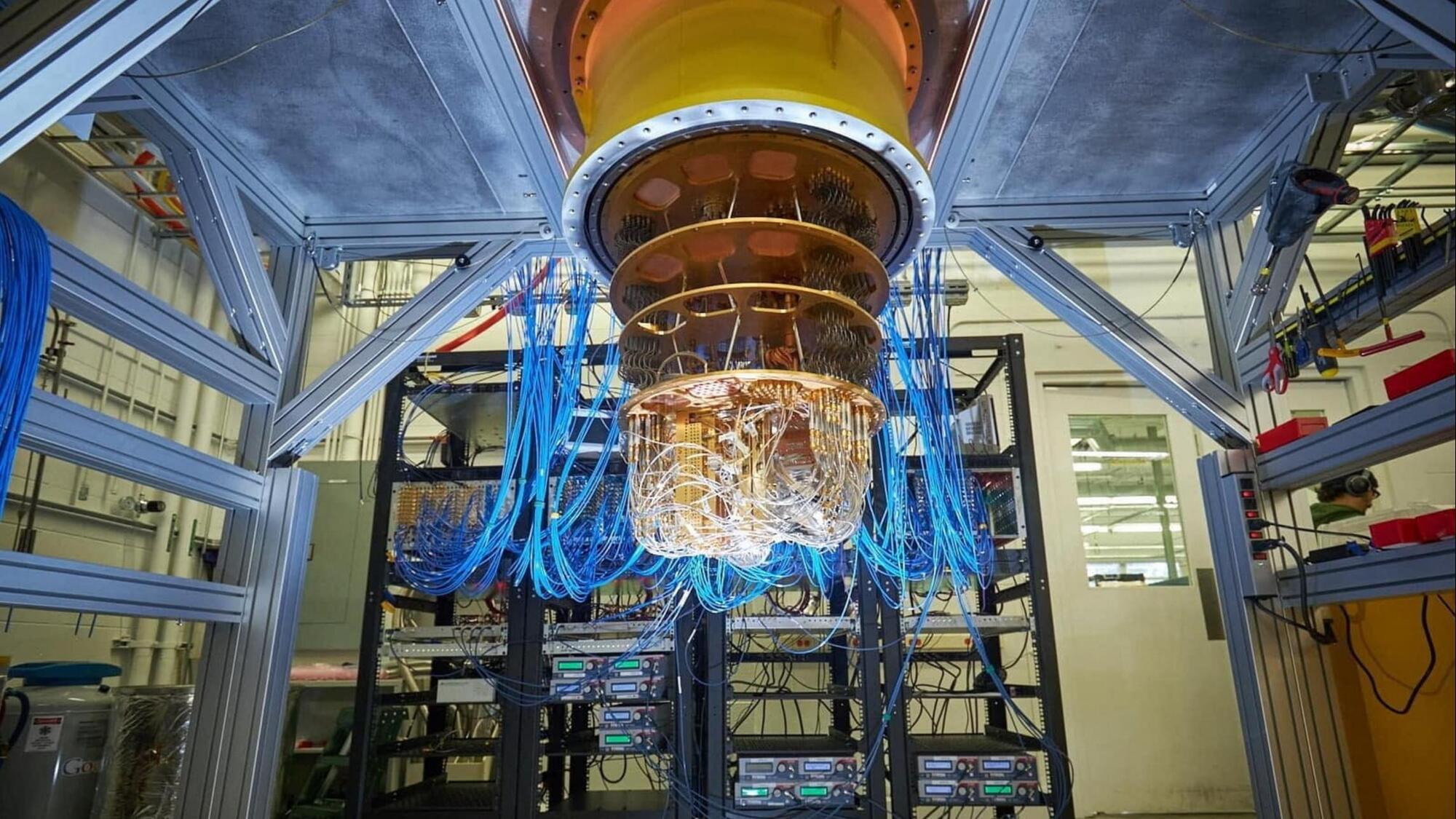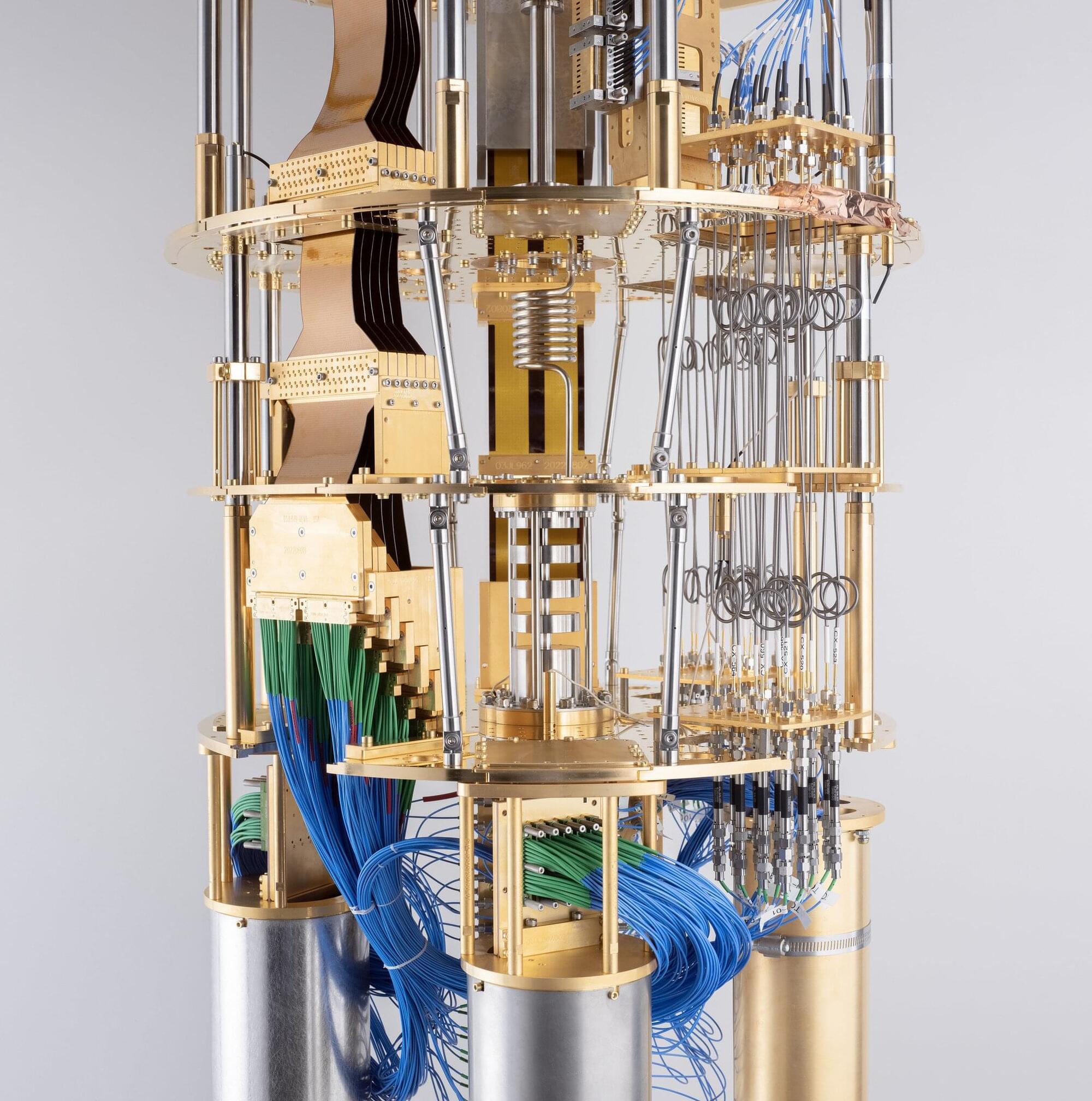Quantum computing just got a significant boost thanks to researchers at the University of Osaka, who developed a much more efficient way to create “magic states”—a key component for fault-tolerant quantum computers. By pioneering a low-level, or “level-zero,” distillation method, they dramatically reduced the number of qubits and computational resources needed, overcoming one of the biggest obstacles: quantum noise. This innovation could accelerate the arrival of powerful quantum machines capable of revolutionizing industries from finance to biotech.
